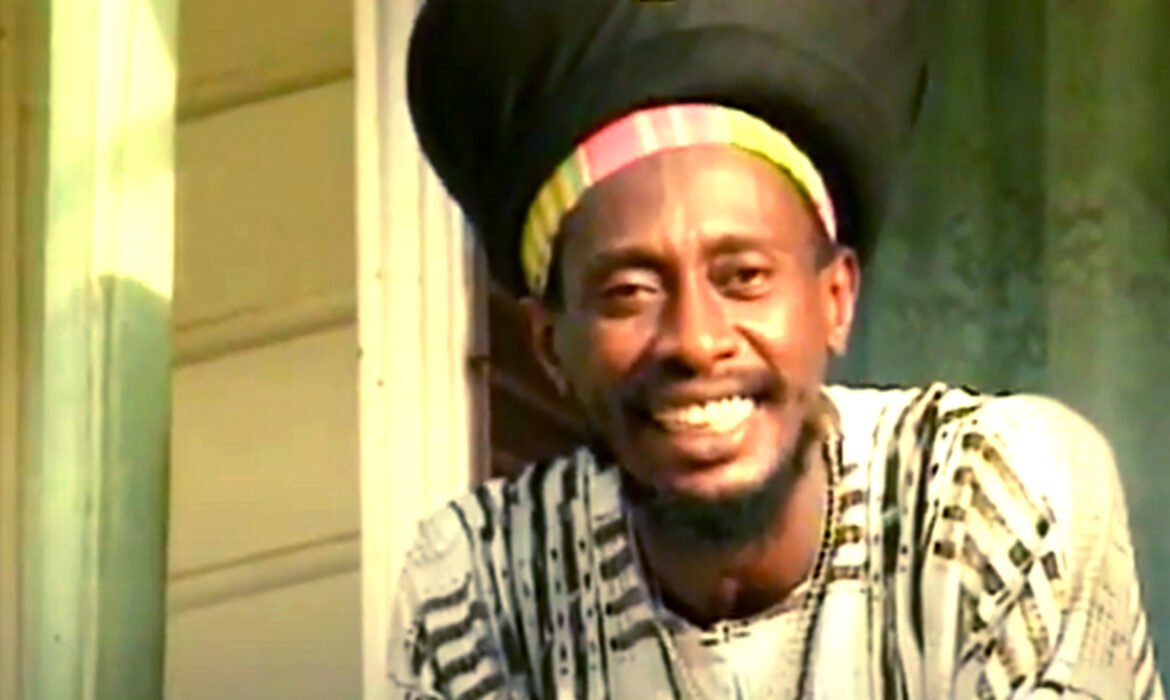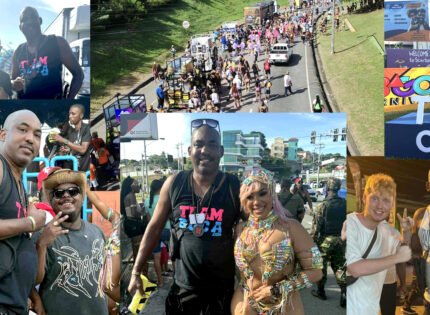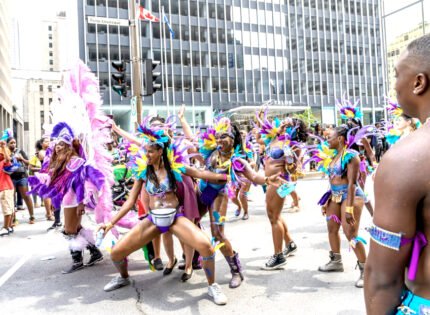In Trinidad and Tobago, across the Caribbean and around the world, enthusiasts of the calypso and rapso music mourns the passing of a giant of rhythm and words, Lutalo Makossa Masimba known also as Brother Resistance.
He died on Wednesday, July 13 at the West Shore Medical Private Hospital, just outside of Port of Spain at the age of 67.
At the time of his death, he was the president of Trinbago Unified Calypsonians’ Organisation (TUCO) as well as one of the more popular performers in the region.
Brother Resistance is recognized as one of the creators of rapso, a hybrid of calypso that fuses poetry with natural rhythms to create he described as a scintillating beat of empowerment.
The way he tells it: “Rapso is the power of the word in the rhythm of the word. The blend of the power of the voice with the rhythm of the drum of skin, the first natural instrument created by man and the drums of steel (the steelpan) the last natural instrument created by man. That synthesis… is what we call the Rapso rhythm.”
Born in 1954, in East Dry River a hardscrabble neighbourhood bordering downtown Port of Spain, Brother Resistance emerged in his early teenage years as bright and engaging and committed to giving voice to the everyday struggle that unfolded around him.
He attended Queens Royal College, where he stood out for his love of sports, the music and the performing arts of T&T and graduated as one of its top students.
As a potential island scholar, he forego opportunities to study “overseas” and attended the University of the West Indies where he immersed himself with the struggle for empowerment of Black people and cultural development.
He was integral in the formation of Birdsong Steelband, which grew out of the university during his time there.
Brother Resistance will be remembered by some as the original ‘Block Master’ for his early efforts in bringing together “blocks” (young people in neighbourhoods across T&T) under an umbrella of music, arts and craft and sports.
He will also be remembered for his charisma and his creativity with the spoken word. (How many youth in T&T in the mid-70s were greeting each other Brother Resistance’s mantra: “Is Wot…!?)
He was also a mentor to many, including performing stars of T&T 3Canal and Karenga Mandela.
After university, he chose to clear his own path to self-actualization focusing on his entrepreneurial instincts and his business the Uprising Culture Shop where he sold locally produced arts and craft, clothes, footwear and music first on the Drag on Independence Square then at the People Mall on Fredrick Street, in Port of Spain.
And he focused on his music.
He formed the Network Rapso Riddim Band in 1981 and along with his other front-man, Brother Shortman, they released their debut album, ‘Busting Out.’
Several albums and books followed over the past four decades, all created in the vein of Rapso.
And much of his hits such ‘Roots of de Rapso Riddum,’ ‘Rapso Explosion,’ ‘Rapso Takeover’ and ‘Rapso Uprising’ served as a showcase of the genre upon which he built his musical career.
He toured the world performing and lecturing and never deviated from his mission to use Rapso, his words and rhythm as a tool of empowerment.
Among his big hits are Ring De Bell, The Handclapping Song Tonight is De Night and Mother Earth.
In 1992, Brother Resistance received Trinidad and Tobago’s Hummingbird Medal (Silver), for his contribution to the culture and community development. And in 2017, he was inducted in Queen’s Royal College’s Hall of Honour in recognition of his contribution to culture and the arts.
Is wot…!?
Brother Resistance: A Giant of Words and Rhythm
















